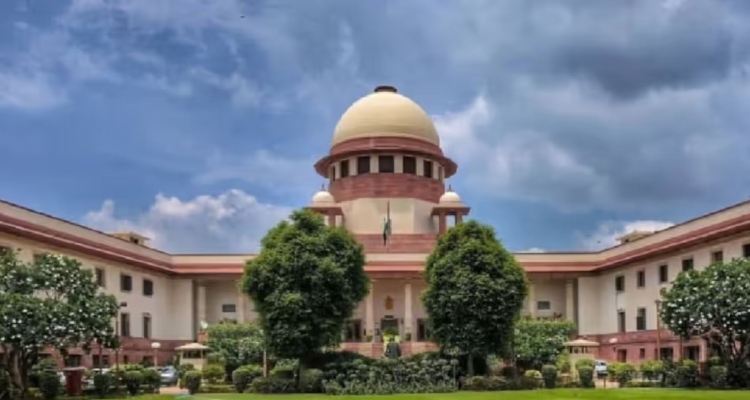
The Supreme Court on Monday has issued a stay on communications from the National Commission for Protection of Child Rights that urged states to transfer students from unrecognized madrassas to government schools.
A bench led by Chief Justice DY Chandrachud, alongside Justices J.B. Pardiwala and Manoj Misra, acknowledged the arguments presented by senior counsel representing the Muslim organization Jamiat Ulema-i-Hind.
The organization had challenged the directives issued by the governments of Uttar Pradesh and Tripura, which mandated the transfer of students from unrecognized madrassas.
The court ruled that the NCPCR communications, dated June 7 and June 25 of this year, should not be implemented. It further ordered that the subsequent directives from the states also be stayed.
Additionally, the court allowed Jamiat Ulema-i-Hind to include other states, aside from Uttar Pradesh and Tripura, as respondents in its petition.
This development underscores a significant legal battle concerning the rights of students attending unrecognized madrassas. The NCPCR’s communications were aimed at ensuring that all children receive formal education within recognized institutions, but the directives faced criticism for potentially infringing upon the educational rights of students from religious minorities.
The Supreme Court’s decision reflects the judiciary’s cautious approach in balancing state interests with the rights of individual communities.
By staying the NCPCR’s directives, the court has opened the door for further discussions on the implications of such actions on religious education and the broader right to education.
The challenge by Jamiat Ulema-i-Hind emphasizes concerns about the treatment of madrassas, which often serve as critical educational institutions for many Muslim children. The organization argues that shifting these students to government schools could disrupt their education and cultural identity.
As the case unfolds, it will be important to monitor how the Supreme Court addresses the underlying issues of educational equity, cultural rights, and the role of unrecognized institutions in providing education to children. The outcome may set a precedent for similar cases in the future, influencing policies related to madrassas and the rights of minority students across the country.
The apex court has also granted Jamiat the permission to include other states, beyond Uttar Pradesh and Tripura, as parties to the petition.
Earlier in October, the NCPCR wrote to chief secretaries of all states and Union territories, recommending that madrasa boards be closed down.




